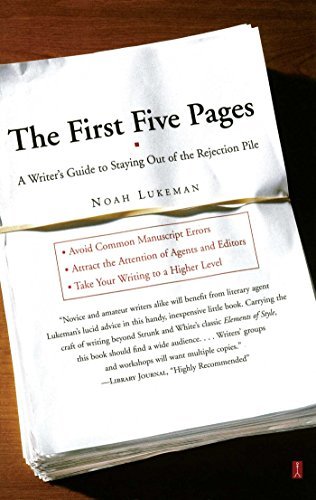What do you think?
Rate this book


Many writers spend the majority of their time devising their plot. What they don't seem to understand is that if their execution -- if their prose -- isn't up to par, their plot may not even be considered.
208 pages, Paperback
First published January 1, 2000